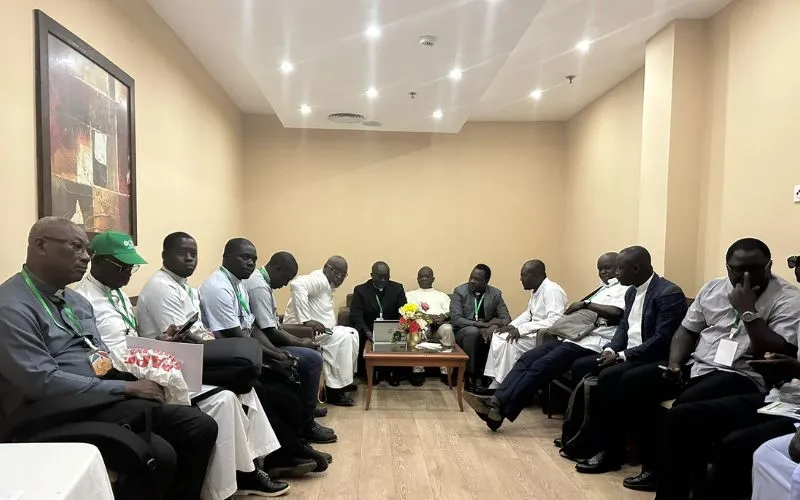Bissau, 07 June, 2024 / 9:09 pm (ACI Africa).
A Catholic priest in Guinea-Bissau has blamed the escalation of violence and other forms of conflicts in West African countries on the failure to treat individuals and groups in the region with dignity.
Speaking during the general assembly of priests in West Africa who are meeting in Guinea-Bissau, Fr. Domingos Ca, the Professor of Biblical Theology at the Major Seminary of Bissau said injustices in most West African countries are escalating into “irreversible ruptures”.
“Although it is not within our remit to make an in-depth analysis of the situation in our sub-region, we have nevertheless been able to see that the sometimes lack of recognition of the equal dignity and rights of individuals and groups leads to conflicts and injustices which, from a distance, degenerate into bloody and irreversible ruptures within families and groups,” Fr. Domingos said during his Thursday, June 6 presentation.
He added, “Today, more than ever, and especially in countries undergoing democratic upheaval, people are demanding their rights to dignity, freedom, national unity, all in justice and love.”
The 10th Conference of the Regional Union of West African Priests has been organized under the Regional Union of the Diocesan Priests of West Africa (RUPWA) on the theme “The prophetic role of priests in the face of intolerance and ethnic-religious instrumentalization in Sub-Saharan Africa”.








